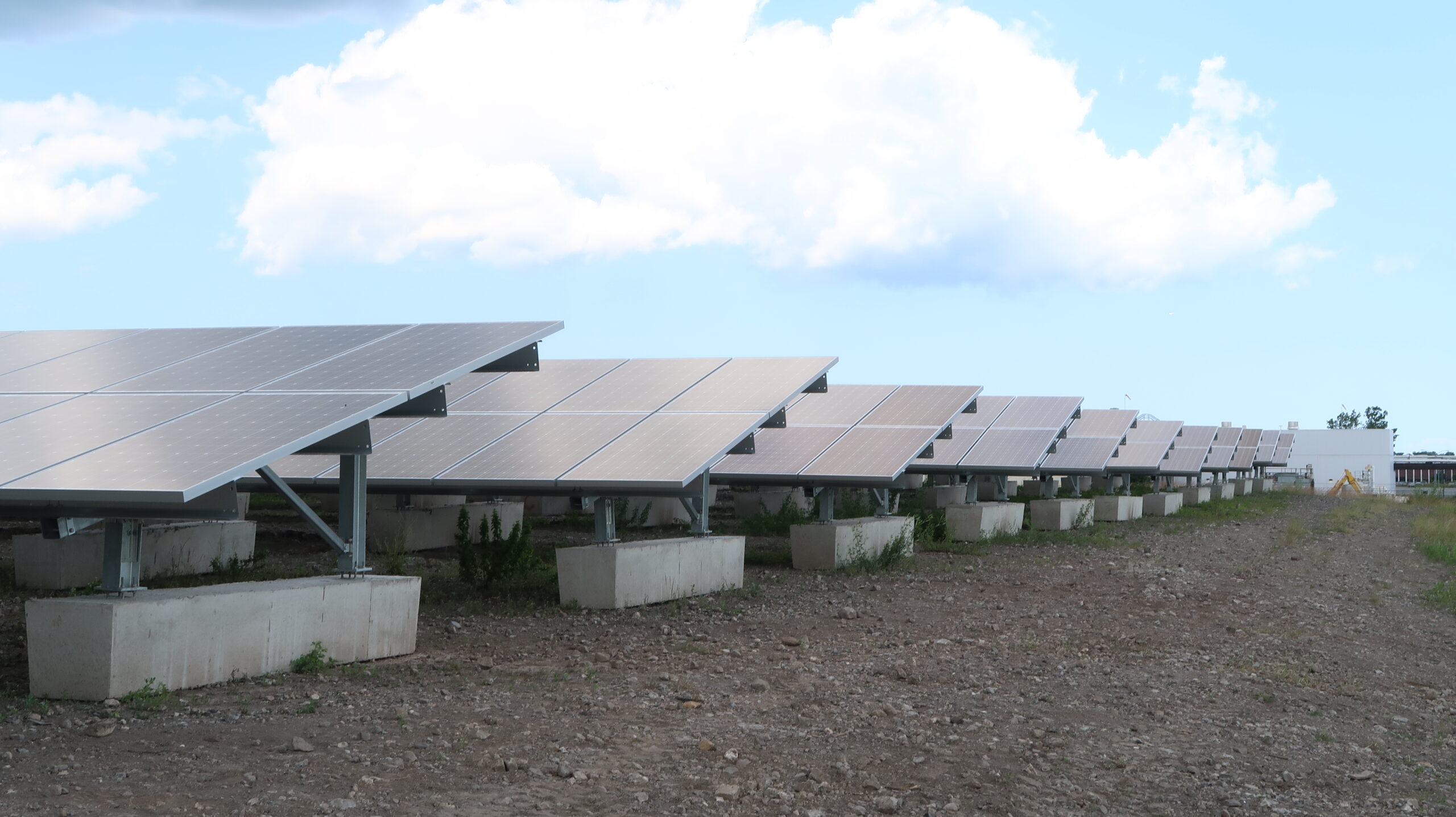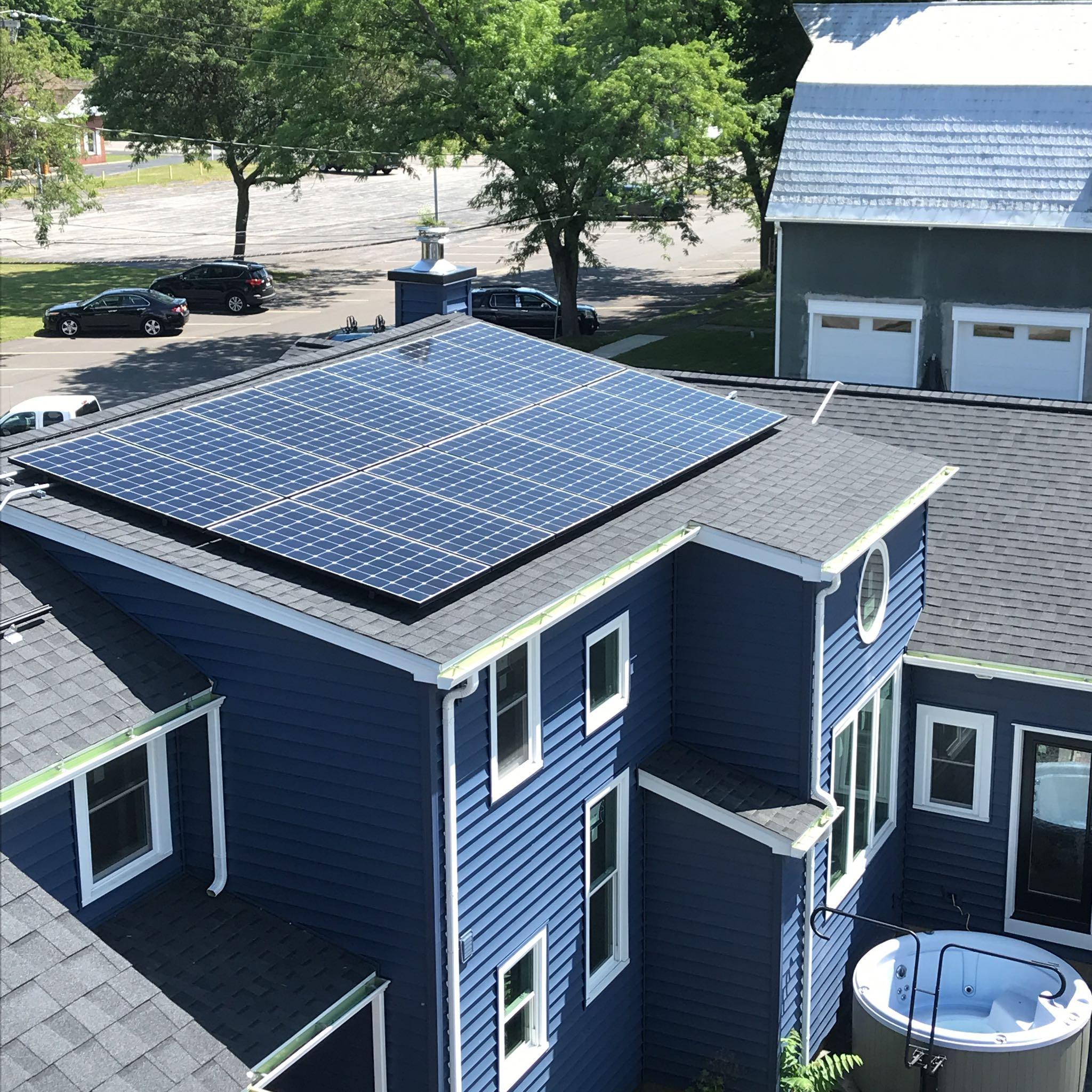Key Requirements For Owning a Solar Farm in the Northeast

When you own land in the northeast, there are myriad options for investing in that resource. While many investors opt for traditional real estate, maintaining properties on your own can be a daunting task. Instead, consider a more passive venture such as a solar farm.
With a solar farm, you can lease your land to trustworthy solar experts who know how to generate both energy and profits. At Solar Liberty, we lease and maintain solar farms in a variety of areas in the Northeast. Of course, your parcel of land must meet certain eligibility requirements before permits can be drawn and the endeavor is shown to be a worthwhile investment.
Minimum Acreage Requirements
To start your solar farm project, you’ll want at least several acres of continuous land. The equipment typically takes up anywhere from 6 to 8 acres of space. However, many municipalities will only allow a percentage of your land to be covered in solar panels. Have at least 10 acres of room to be safe and the more, the merrier. For a utility-scale commercial project, you’ll need roughly 200 acres to begin with.
Another way of looking at it is that you’ll need roughly 2 acres for every 1 MW of capacity you intend your setup to have.
Flat, Suitable Terrain
The ideal land used for your solar farm is as flat as possible. An abundance of sunlight exposure will also be needed for a steady supply of natural juice. A slight slope is acceptable, but it should never exceed a five-degree angle. The parcel should be relatively dry as well, so floodplains aren’t suitable for solar farm development.
Proximity to Power Infrastructure
The further the distance from utility infrastructure, the more expensive it is to connect your solar farm to the grid. Solar panel installations should remain within two miles of the nearest substation and less than 1,000 feet from three-phase power. Another thing to keep in mind is the number of main roads and any large towns nearby. These factors reduce the overall cost of installation and ensure that suitable infrastructure will always be conveniently close to the project site.
It’s also wise to avoid placing your solar farm near the end of a grid circuit. The increased travel distance will further balloon the price of your project.
Zoning Considerations
There will always be local policies and regulations to abide by. Even if your land is incredibly suitable based on the previous criteria, you still need to have your project approved by any relevant jurisdictions. If you can develop within the framework of these local policies, then you’ll get the permits needed to proceed.
If you’re in an area with little history of solar farm development, then the zoning laws may not have precedents that cover your case. In these instances, remain patient as you work with the legislature to explore your options. Similarly, you also have to take public interest into account. The surrounding community may wish to perform a solar farm screening before approving the lease. Environmental and conservation factors are usually checked as well to ensure your project doesn’t impose on a protected species of plant or animal.
Pass a Flood-Risk Assessment
Before development on your solar farm can begin in earnest, it’s important to perform a flood-risk assessment. These procedures check historical flood data as well as analyze your land for any potential risk factors that need to be insured against. This gives everyone involved with the solar farm additional confidence that operations will proceed smoothly.
Solar farms are an excellent way to invest in your open parcels of land. The exploding popularity of solar panel installations is a testament to how lucrative they can be for landowners who take advantage of them. In addition to generating impressive returns, a solar farm tends to be easier to manage than most other real estate ventures, especially when you team up with professionals like the ones at Solar Liberty. We’re committed to cultivating your land into something that the whole community can be proud of. Give Solar Liberty a call today for more information about solar farms in New York, Pennsylvania, and Ohio.




